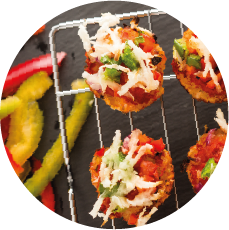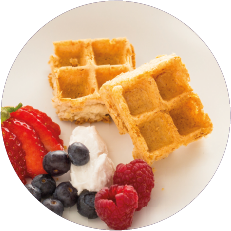Children with PKU can attend nursery like any other child. It may be helpful to ask your child’s dietitian to speak to the nursery or visit before they start to discuss the basic principles of PKU with the staff.
‘The Introduction to Phenylketonuria’ booklet found in the ‘Welcome' section of this site and the 'Information for Caregivers' leaflet within this First Steps section can both be downloaded and printed so they can be given to anyone who will be looking after your little one.
This can often be the case and it may be helpful to provide different coloured bottles so they know which is the special formula (phe-free formula) and which is the standard infant formula.
This will help make it clear which formula, if any, isn’t finished and how much. You should advise anyone else feeding your child to inform you immediately if they do not finish their special formula.
If nursery staff will be giving your child their second stage protein substitute, make sure they have clear instructions on how to prepare it and know the importance of treating it like a medicine.
Whilst children with PKU often cannot eat the cakes or biscuits the other children will be, there are many low protein alternatives available and you should provide a supply of these to the nursery for such events.
Good communication is key – make sure you keep in touch with the nursery to find out how your child is getting on. This will also provide them with the opportunity to ask you any questions.



